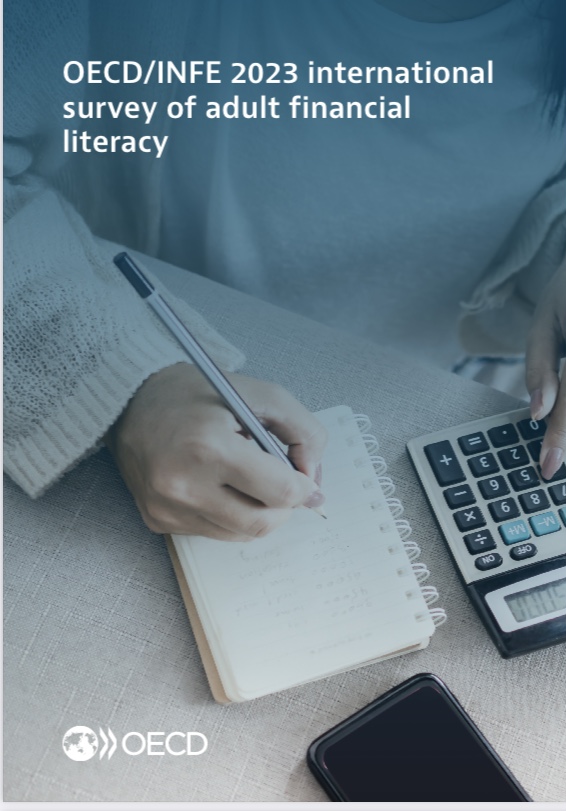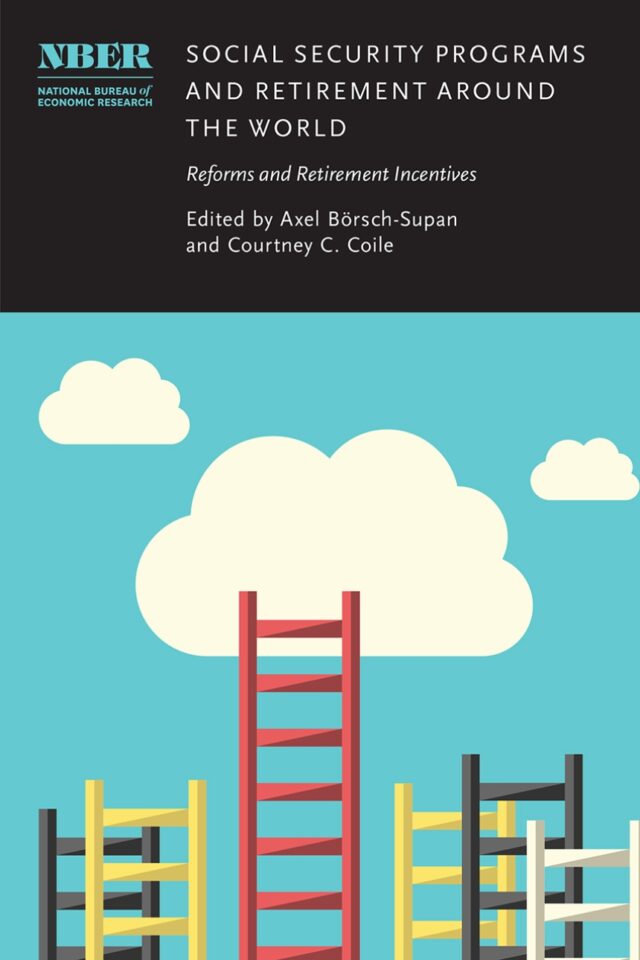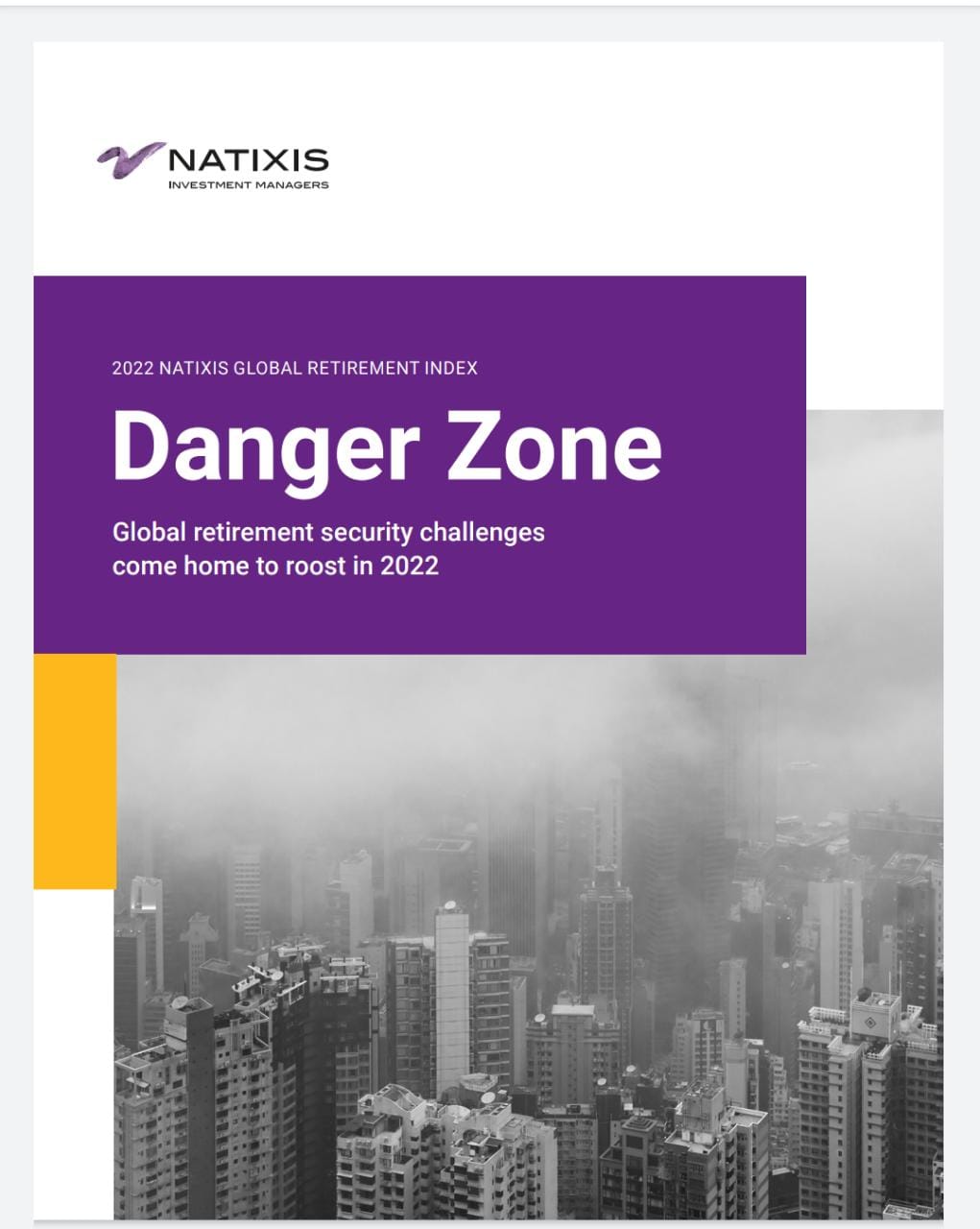OECD/INFE 2023 International Survey of Adult Financial Literacy
By OECD Understanding current levels of financial literacy and needs is key for the effective development of financial literacy strategies and programmes. This report presents the results of an international survey of financial literacy levels among adults. A total of 39 countries and economies, of which 20 are OECD member countries, participated in this third coordinated measurement exercise using the globally recognized OECD/INFE 2022 Toolkit for Measuring Financial Literacy and Financial Inclusion to measure financial literacy levels among their adult...










